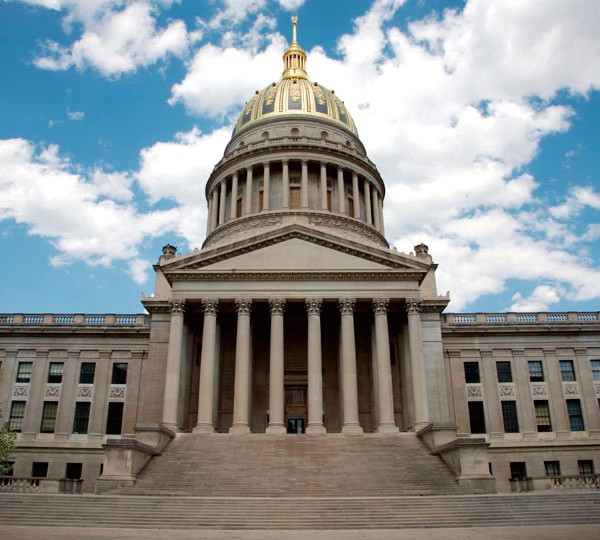MORGANTOWN — The House Energy Committee on Tuesday afternoon brought back to life two bills aimed at capping orphan gas wells around the state. One of them fell to a veto last year and one fell to backroom politics.
HB 4090 was the veto victim. It will reduce the tax rate on low-production oil and gas wells to help keep them operating longer and feed the tax revenue into a new Oil and Gas Abandoned Well Plugging Fund for use by the Department of Environmental Protection.
The bill reduces the severance tax from 5% to 2.5% on wells producing from 5,000 to 60,000 cubic feet of gas per day – excluding horizontal shale wells – and for oil wells producing ½ to 10 barrels per day.
Once the Well Plugging Fund reaches $6 million, the state would stop collecting the tax on those wells until such time that the balances drops below the cap. Committee counsel told members that part of the governor’s veto stemmed from his belief the cap was too low.
Answering a question from Delegate Evan Hansen, D-Monongalia, counsel said that as long as the DEP keeps contracting plugging jobs, it’s unlikely the fund will ever reach its cap.
The was no discussion of the bill, but last year members learned that these wells make marginal earnings and often feed gas into local distribution systems to benefit small communities. Big companies don’t want to come in and drill new wells, and the small companies need the break and the incentive to keep producing for those communities.
Of about 72,000 gas wells in the state, 55,385 produces less than 60,000 cubic feet per day. They produce very little tax revenue — about $15 million of a total $200 million.
There are 4,576 orphaned wells in the state, and virtually no capping is going on — in 2019 the figure stood at about half a dozen in the previous five years. Well capping can cost anywhere from $29,000 to $100,000 depending on the complexity of the job.
The bill specifies that the money can’t be diverted to the General Fund for other spending.
It passed unanimously and goes to House Finance.
HB 4091, sets up a process and fee structure for expedited horizontal gas well permitting.
Last year, a couple industry lobbyists — as reported on the Senate floor on the last day of the session — undermined negotiations and killed it.
The bill devotes half of the fee income to the Department of Environmental Protection and half to orphan well capping.
The typical permit fee for a horizontal well is $10,000 for the first well on a pad and $5,000 for each additional well. The fee doubles under the expedited process: $20,000 and $10,000. Barring the need for additional information, the DEP has 45 days to grant or deny the permit. For each day from 46 to 60 days, it must refund a prorated amount that results in a full refund of the extra money by the 60th day.
Half of the new revenue goes to the DEP’s Oil and Gas Operating Permit and Processing Fund for the Office of Oil and Gas to process permits, up to $1 million annually. Part of the money will cover an additional OO&G staff member to do the expedited process.
The other half of the money will go to the Oil 129 and Gas Reclamation Fund.
Hansen posed some questions about OO&G operations and funding. A DEP official told him that the office is funded entirely by permit fees and this money will cover the extra staffer.
But OO&G is dependent entirely on permit fees, the official said, and when applications are down – as currently with low gas prices and lack of pipeline infrastructure curbing production – its revenue goes down. It’s running a $100,000 monthly deficit that other DEP agencies are backfilling. So DEP is in talks with the industry on how to make up the shortfall.
Anne Blankenship, executive director of the West Virginia Oil and Natural Gas Association, told members, “We think it is a good bill.”
Companies will pay the extra fee for the certainty they’ll get quicker action, she said. “Obviously it is a great planning tool.” And it may draw more producers to the state who would be interested in investing in operations here.
HB 4091 passed unanimously and goes to the House floor.
Tweet David Beard @dbeardtdp Email dbeard@dominionpost.com




